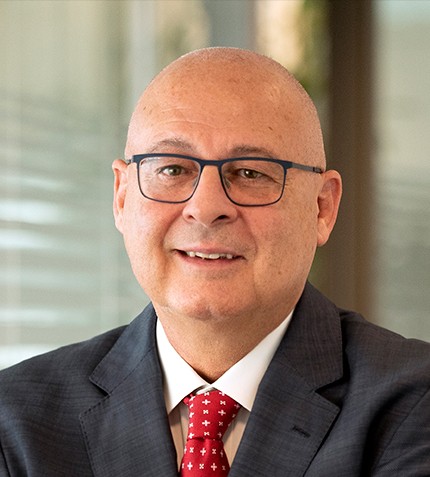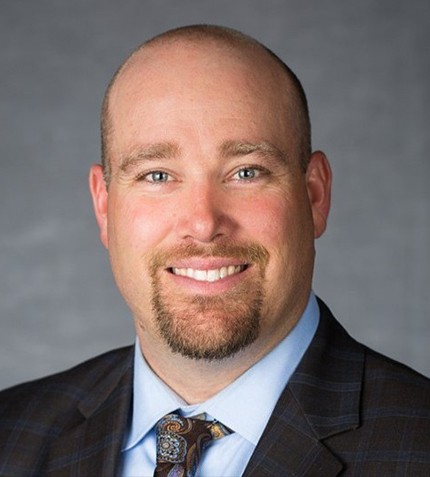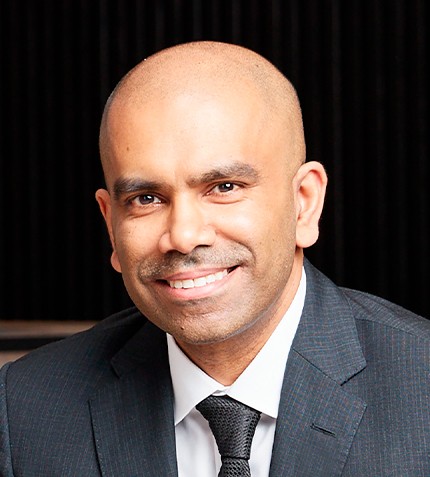
"In the mining industries, more tender decisions are taken locally, so it is incredibly important to have a strong sales and operational team on the ground."
Samad Osman
COO, OMA GROUP
OMA Group was founded 20 years ago, growing into a diversified logistics and shipping company with operations across West Africa. What have been the most recent developments?
We had a reasonable year in terms of business growth considering all the challenges, and we are looking at double digit growth for 2022 with many of the opportunities in the pipeline turning into reality. More international companies and freight forwarders are trusting OMA as a neutral, independent partner. The other development is that we reinforced our logistics workforce. We recruited a sizeable sales team to generate leads for our partners but also to control local businesses, while in the past we were working mainly through our network agents. Our local businesses have now grown by 30-40%. In the mining industries, more tender decisions are taken locally, so it is incredibly important to have a strong sales and operational team on the ground.
What are your key geographies of interest?
OMA Group has affiliates in Ivory Coast, Ghana, Burkina Faso, Senegal, Benin, Togo and Mauritius. In addition, we have partnerships in Nigeria and Angola, as well as our network of agents in Cameroon, Liberia, Mauritania and Chad. Next for us is to strengthen our presence in Niger by the end of this year, followed by Mali, and we are also exploring Namibia. OMA is already handling projects and freight forwarding in these countries through our partners, but we see many new business opportunities and infrastructure developments that we want to be a part of at the request of our customers and network agents
What made OMA Group pick Mauritius as a hub office?
Mauritius scores highly in terms of transparency, governance, and the legal sector. It is also a country where both English and French are used, which makes it an ideal spot for manage or deal with both anglophone and francophone speaking Africa.
Do you see an impact from the creation of AfCFTA?
The AfCFTA is a huge endeavour, involving more than 40 countries. Developments of this scale naturally take time, so it will be long before the new structure becomes a sort of Schengen. Yet, the intention is there and should not be underestimated. Blocs like SADC and COMESA are also creating non-taxable, duty-free commercial lanes that boost intra-African trade as can be seen in other commercial blocks in the world.
What do you understand by operational excellence as the COO of the group?
OMA Group has just launched a new in-house-developed system to control the risks of handling any shipment in Africa. Through it, we can present our clients with an operational dashboard that accounts for costs and delay risks and allows us to take corrective actions to make it happen. Customers often fear that the final costs may be higher than initially estimated due to unforeseeable challenges. The new dashboard is currently being piloted in Ghana and it will be rolled out to Ivory Coast and then cascaded into other OMA countries in West Africa. We are also striving towards excellence by taking greater control of the cargo delivery time. In Ivory Coast, for example, we improved our clearance time from 4-5 days to 1-2 days for airfreight and shortened sea cargo clearing from 14 days to 5 days.
Do you have a final message?
For me, logistics is about the quality of people and their attitude. Everyone at OMA would say we are a family. We spend a lot of time training, running workshops, and sharing expertise and best practices with one another. What I can promise is that our people are incredibly accountable, take full ownership of shipments, and deal with the shipments as if they were their own. This is what our clients will find at OMA.










